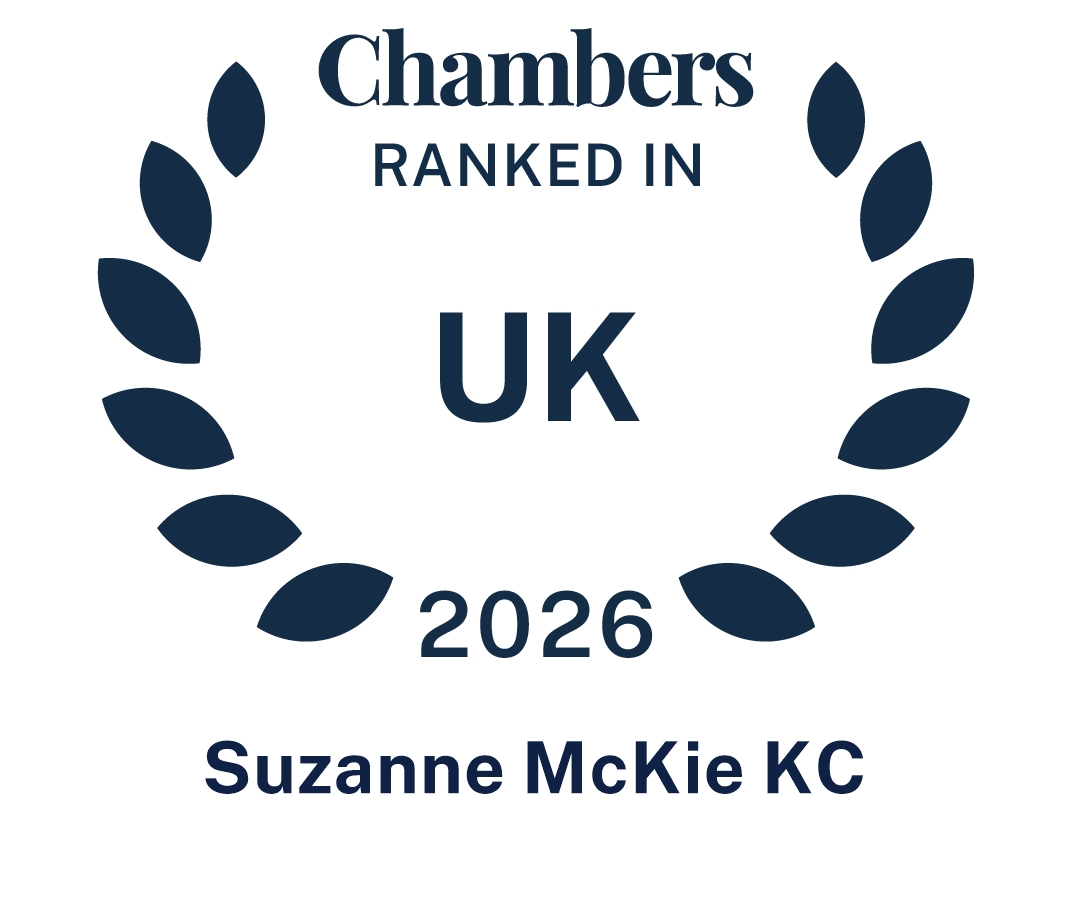27 July 2020
|Whistleblowing
Government Consultations
Second report published by the APPG for Whistleblowing
Farore Law regularly deals with whistleblowing issues which arise out of workplace matters concerning discrimination, sexual harassment and sexual assault. See our Whistleblowing page to find out more.
The All Party Parliamentary Group (“APPG”) for Whistleblowing has published its second report examining how whistleblowers fare at Employment Tribunals, which questions whether it is the most appropriate institution to either redress and deter reprisals against whistleblowers, or address the wrongdoing that whistleblowers raise concerns about.
In assessing these issues, Employment Tribunal judgments in England and Wales for cases including a Public Interest Disclosure claim between 2015 and 2018 were analysed (a total of 603 cases). Only cases that went to at least preliminary hearing were included. The report’s key findings are summarised as follows:
-
Whistleblowing cases have a low success rate. Only 12% of whistleblowing cases analysed were successful.
-
Whistleblowers suffer more and longer than before. In 2018, nearly 40% of whistleblowers reported going on sick leave, an increase of 15% since 2015. Whistleblowers also take longer than before to go to Tribunal. In 2018, nearly 50% took longer than two years, and more than one in five took longer than three years. This is likely to almost double following the COVID-19 pandemic because of the backlog with Employment Tribunals now booking new hearings from February 2022.
-
Legal support matters for whistleblowers but fewer whistleblowers than before have access to legal representation. More whistleblowers self-represent than get legal representation. In contrast, employers secure more expert legal representation than ever before.
-
There is an important gender dimension for whistleblowers. Compared to male whistleblowers, female whistleblowers are more likely to report health issues; less likely to have legal representation; and even when the judge upholds the protected disclosures, less likely to see their unfair dismissal claim upheld.
-
Whistleblowing cases commonly include a discrimination claim, yet those are the least successful whistleblowing cases.
The report concludes that these issues highlight the need to reconsider the institutional embedding of whistleblowing legislation. It proposes the urgent establishment of the Office of the Whistleblower with the purpose of increasing access to justice, including upholding the public interest and ensuring that wrongdoing is addressed.
The report is available in full below.
Source: APPG Whistleblowing report, “Making whistleblowing work for society” (July 2018)









